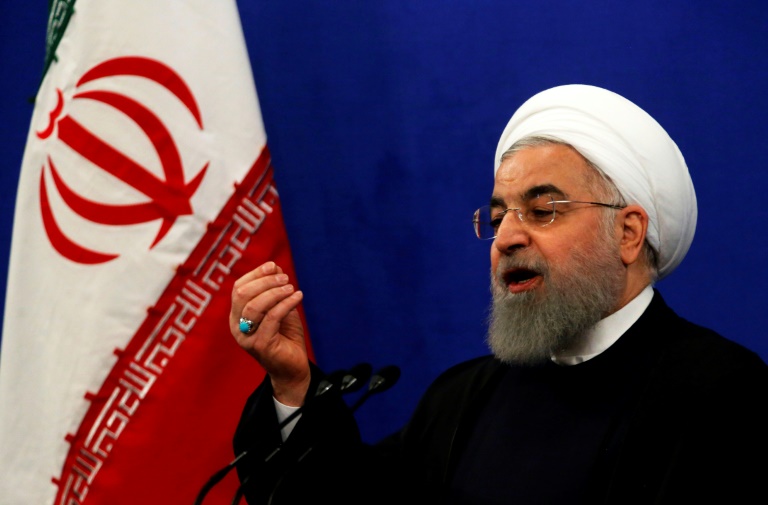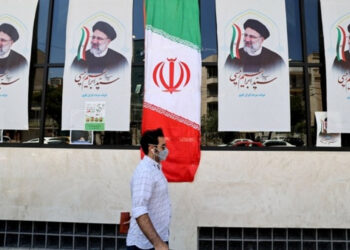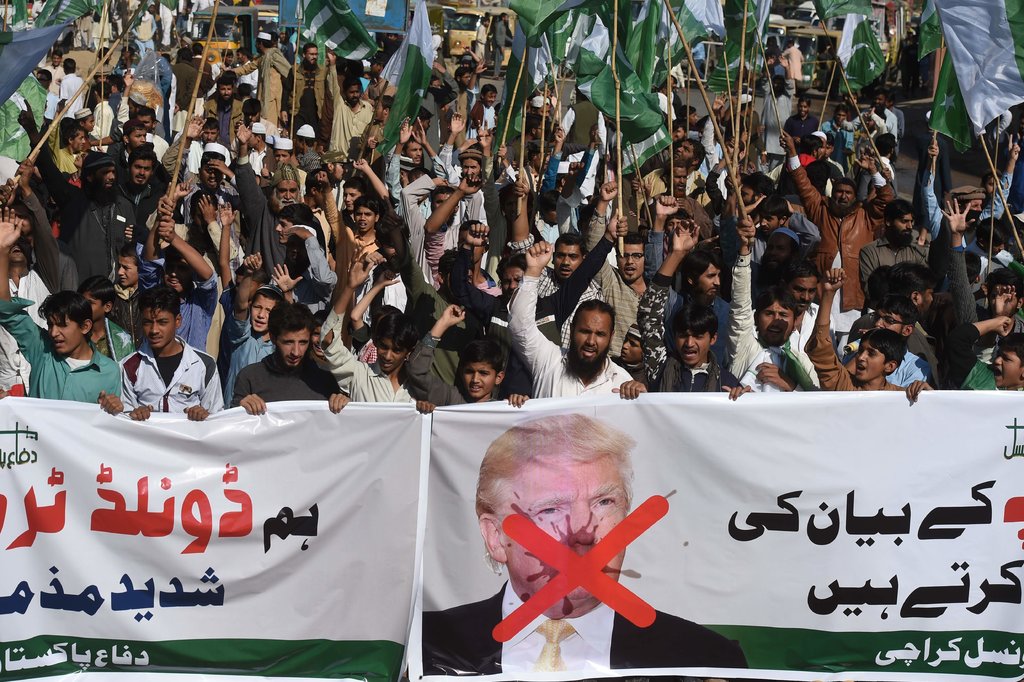After the United States’ President Donald J. Trump scrapped the Iran nuclear deal earlier in May, much of the world has criticized the move, fearing that it could be harmful to international trade.
The Joint Comprehensive Plan of Action set by the permanent members of the U.N. Security Council (the United States, Russia, China, the United Kingdom and France) and Germany, was ratified in July 2015. In January 2016, it gave Iran sanctions relief in exchange for limits to Tehran’s nuclear program. Now, President Trump has reinstated harsh sanctions on Iran, distancing himself from the other parties in the deal.
Yet, while the other parties in the JCPOA remain committed to the deal, U.S. sanctions may impede their future dealings with the Islamic Republic. The United Kingdom, in particular, has expressed concern about future business opportunities, which had increased after the U.S. trade restrictions loosened in 2015.
Soon after the U.S. withdrawal, U.K. Prime Minister Theresa May told Trump in a phone call about the risks sanctions may have on Britain’s previous trade deals. May’s spokesperson said: “The Prime Minister reiterated the Government’s position on the Iran nuclear deal, noting that we and our European partners remain firmly committed to ensuring the deal is upheld, as the best way of preventing Iran from developing a nuclear weapon.”
May raised the potential impact of U.S. sanctions on those firms which are currently conducting business in Iran. Companies like Vodafone, Rolls Royce, British Petroleum, and Shell had increased their dealings in Iran since the sanctions were lifted.
According to Eurostat figures, the annual value of British exports to Iran grew from 122 million euros in 2015 to 257 million by 2017, or from 76 million kilograms worth of goods to 246 million. Imports a year after sanctions went from 32 million euros in value to 55 million (364 million kilograms to 496 million).
It is so far unclear exactly how British companies will be impacted, and there have been no reports of significant change, yet individuals within the companies say they are wary of future prospects.
The British automobile and aero engine manufacturer Rolls-Royce had benefitted from the lifting of sanctions in 2015, as it built engines for airlines which were then allowed to fly there, according to a spokesperson. He told The Globe Post that given the recent developments, Rolls-Royce is now “examining the announcement and its potential implications.”
Rolls-Royce had worked with British Airways, whom the sanctions could also impact. The flight company had announced in January 2016 it would provide direct flights from London Heathrow to Tehran.
While a British Airways spokesperson did not suggest whether or not they would have to scale back their flights, she told The Globe Post the company constantly reviews its network “to ensure that our routes match our customers’ needs and are commercially viable.”
“We are in regular contact with the Foreign and Commonwealth Office,” the spokesperson added.
Another British company, Airbus, started business with Iran soon after sanctions were lifted. A spokesperson for Airbus suggested that future dealings may be hindered after the sanctions.
“We are analysing the situation and the impact of the announcement on all our contractual agreements, and we will then first discuss with our customers,” the spokesperson said.
Airbus may be forced to scrap a deal of over 100 planes worth $18-20 billion from Iran after the United States said it may revoke the license for plane manufacturers to sell to Iran.
Even if sanctions affect some British business, others may supposedly be able to trade with Iran. A company that still operated in Iran prior to the JPCOA in 2015 was Royal Dutch Shell, a spokesperson told The Globe Post.
While the spokesperson said they have no thoughts about the future, the sanctions may not completely stop the company’s business with Tehran. Under previous sanctions, Shell was able to legally import Iranian oil, as this was not restricted.
Since Iran has the fourth largest gas reserves, oil and gas companies will understandably still aim to capitalize on its rich natural reserves, which the British government considers economically beneficial.
BP’s Chief Executive Bob Dudley, however, warned sanctions may limit Iran’s oil exports, making business harder for multinational importers.
“The withdrawal of the United States from the agreement seems to be the beginning of the negotiation. It would impact Iranian oil sales between 300,000 and 1 million barrels per day, that’s sort of the range of estimates there,” Dudley said.
Britain will still aim to operate around future restrictions to the greatest possible extent. U.K. Foreign Secretary Boris Johnson reassured British and European businesses that the U.K. will aim to secure trade with Iran.
“We are going to have a conversation about what we can do to help U.K. firms, European firms have some confidence that they can still do business,” said Johnson.
The European Union last week announced it would begin moves to block Trump’s sanctions on Iran, which would restrict trade from E.U. member states.
However, U.S. National Security Advisor and staunch advocate for scrapping deal John Bolton warned European businesses to leave Iran within a few months, or the US will sanction them too. Such a move could hurt Britain’s businesses in the future.
Prior to the sanctions lifting in 2015, Washington had reportedly “bullied” U.K. companies into refusing exports to Iran, including food, pharmaceuticals, and medical devices.
The U.K. Foreign Office did not respond to requests for comments for this story.






















